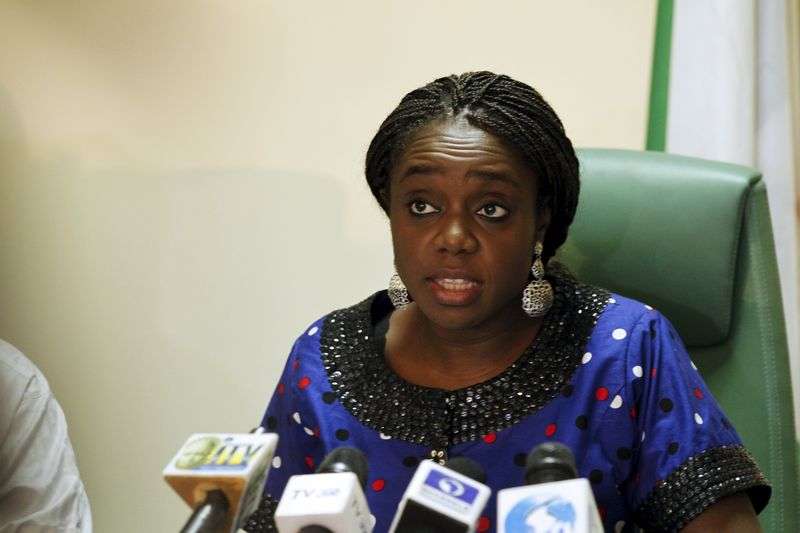- Adeosun: FG Committed to Infrastructure Devt, Economic Diversification
The Minister of Finance, Mrs. Kemi Adeosun has restated the federal government’s commitment to infrastructure development and economic diversification, saying about N200billion was invested on roads in 2016.
Speaking at the third Nigerian Stock Exchange (NSE) & Bloomberg Chief Executive Officer Roundtable in Lagos, Adeosun explained that the N200 billion, which was an increased from the N90 billion spent in 2015, was out of the N1.2 trillion earmarked for capital projects to ensure ease of doing business.
She stated that the government will continue to prioritise infrastructure development to unlock growth potential, noting that the diversification of the economy would not be achieved without a good transportation system and power supply to improve ease of doing business.
According to the minister, the country was very vast and to actualise her potential, infrastructure development was very crucial for sustainable growth and development.
“For the past two years in Nigeria, the road had been rough in economic terms but the worst times are over and we have the opportunity to grow,” she said.
Adeosun stated that Nigeria cannot rely on oil to grow, explaining that oil contributes 10 per cent of the gross domestic product (GDP) and 60 per cent of the government’s revenue.
She said: “The President Muhammadu Buhari-led administration has an ambitious but fundamentally different vision for this economy and much has been said of our over reliance on oil. We believe that Nigeria is an oil-plus economy and I repeat that the statistics of oil is 10 per cent of our economy yet representing 60 per cent of government revenue, this is why when the price of oil fell we had a double impact. We lost revenues and the government found it hard to really meet its needs.
We cannot benchmark ourselves against the Saudis because they have 30 million population and generate 10 million barrels of oil every day and with 180 million people and 2.2 million barrels, we cannot afford to be in such peer group, rather we are closer to the Indonesia which have 250 million population and 800,000 barrels a day. For every barrel produced in Nigeria, 90 people are sharing it, this shows that we cannot continue to rely on oil, rather we must use the oil revenue to generate and stimulate activity in other areas of the economy. And this is encapsulated in our Economic Recovery and Growth Plan (ERGP).”
The minister added Nigeria has the potential to be regionally dominant, noting however, that central to realising that potential are three key factors.
“These are getting best value in the redeploying of government’s resources in the focus of enabling infrastructure, partnership with the private sector in service delivery and effective revenue mobilisation,” she said.
Adeosun explained that in Nigeria, we have simply in the past adjusted to every challenge but the last two years which have been rough, has shown that there is a limit to adjustment.
“We have to go back to basics and fix what has been broken. It is those cost that make Nigerian businesses uncompetitive and we have to address them. This government is resolved to restore the role of government in the provision of public good and services, this is not just the function of the fulfillment of constitutional responsibility, it is part of setting a standard or value in the deployment of government resources and the prevention of leakages and those who say you don’t miss what you never had really need to see the impact of what we never had not because it was not rightfully ours but because it was somehow diverted,” the minister stated.

 Naira4 weeks ago
Naira4 weeks ago
 Naira4 weeks ago
Naira4 weeks ago
 Travel4 weeks ago
Travel4 weeks ago
 Naira3 weeks ago
Naira3 weeks ago
 Jobs4 weeks ago
Jobs4 weeks ago
 Naira4 weeks ago
Naira4 weeks ago
 Investment4 weeks ago
Investment4 weeks ago
 Travel4 weeks ago
Travel4 weeks ago


























